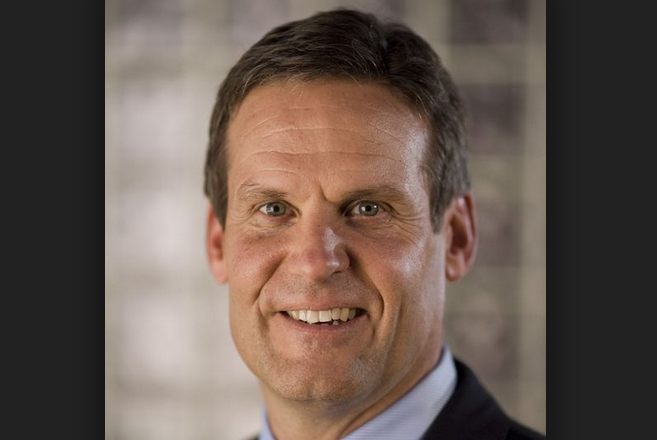Tennessee Gov. Bill Lee has promised to sign a bill to ban abortions once an unborn baby’s heartbeat is detectable.
The heartbeat bill passed the state legislature this week and is on its way to the pro-life Republican governor’s desk. On Friday, Lee confirmed his support of the bill.
“One of the most important things we can do to be pro-family is to protect the rights of the most vulnerable in our state, and there is none more vulnerable than the unborn,” he wrote on Twitter.
He thanked state leaders for supporting protections for unborn babies and mothers, including Lt. Gov. Randy McNally, House Speaker Cameron Sexton, Senate Majority Leader Jack Johnson and House Leader William Lamberth.
Lee made the pro-life bill one of his top priorities for the legislative session.
“Every human life is precious, and we have a responsibility to protect it,” he said earlier this year.
The Chattanoogan reports state lawmakers expressed strong hopes that the bill will save babies’ lives throughout the state.
State Sen. Dolores Gresham, R-Somerville, one of the lead sponsors, said Tennesseans support protections for unborn babies.
“Tennessee is a state that values life,” Gresham said. “This comprehensive, life-affirming legislation prohibits abortion once a heartbeat has been detected. I am very pleased it has been passed to protect those who are unable to speak for themselves. I also appreciate the work done by our Senate Judiciary Committee in helping get the bill in the best shape possible to move forward.”
Majority Leader Johnson, R-Franklin, thanked the governor for leading the effort.
“This legislation defends the right of our most vulnerable citizens, the unborn,” Johnson said. “I am proudly pro-life and have been a long-time opponent of abortion. I appreciate Governor Lee championing this historic legislation and believe we have a strong bill that will withstand a constitutional challenge.”
HELP LIFENEWS SAVE BABIES FROM ABORTION! Please help LifeNews.com with a donation!
Though the legislation is being described as a heartbeat bill, it includes many different measures to protect unborn babies. Pro-life lawmakers said they wrote the bill to withstand a legal challenge – and the American Civil Liberties Union already has announced plans to sue.
The heartbeat portion of the bill would prohibit abortions once an unborn baby’s heartbeat is detectable, about six weeks of pregnancy. It also includes other levels of restriction going up from eight weeks to 24 weeks of pregnancy, which would go into effect depending on what a court may strike down, the report states.
The bill also would ban discriminatory abortions based on the unborn baby’s sex, race or a Down syndrome diagnosis. It allows exceptions if the mother’s life is at risk.
Abortionists who violate these bans could face felony charges.
The pro-life legislation includes informed consent measures as well. It would require abortion facilities to inform women of the abortion pill reversal procedure and the size and gestational age of their unborn baby. It also would require abortion facilities to allow the mother to hear her unborn baby’s heartbeat and see the baby on an ultrasound.
However, the success of the heartbeat ban against a legal challenge is uncertain.
Some pro-lifers have renewed hope that the conservative-majority U.S. Supreme Court will uphold an abortion ban and overturn Roe v. Wade. Others, however, are hesitant because of concerns about losing the court battle and being forced to reimburse pro-abortion groups for their legal fees.
The Supreme Court took away the states’ ability to protect unborn babies from abortion under Roe v. Wade, and instead allowed abortion on demand through all nine months of pregnancy. Roe made the United States one of only seven countries in the world that allows elective abortions after 20 weeks.
ACTION: Contact Gov. Bill Lee to thank him through his office, on Facebook or Twitter. Contact Tennessee state lawmakers.








